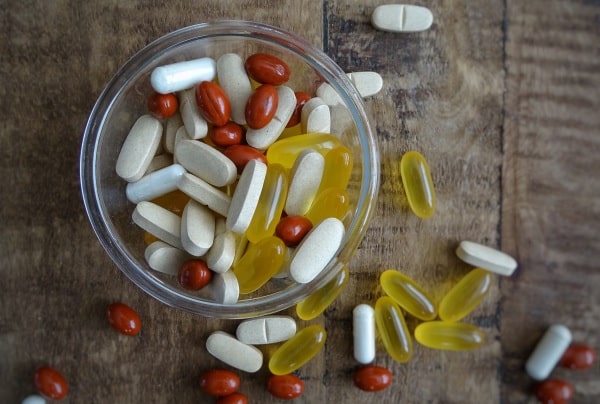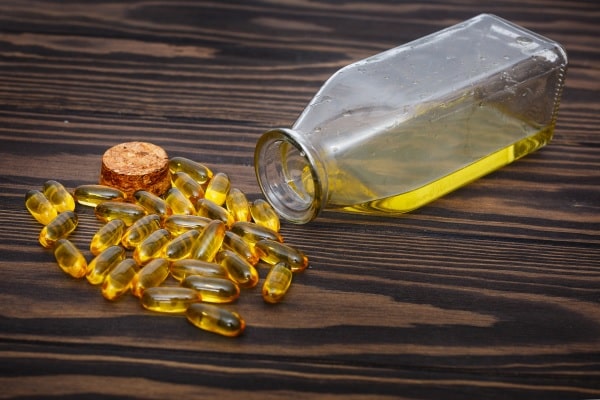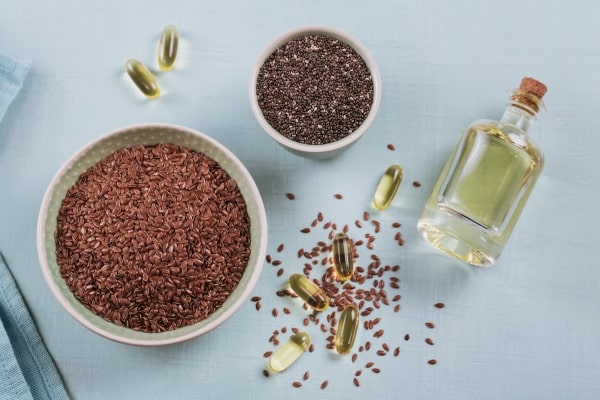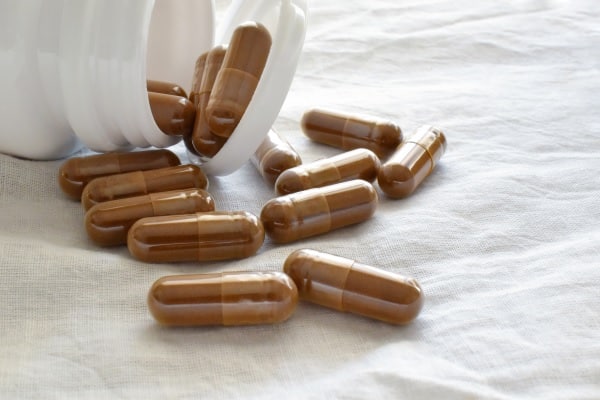Anxiety disorders are among the most common mental health issues, affecting millions globally. With the hustle and bustle of modern life, many are seeking natural remedies to complement traditional treatments. One avenue gaining traction is the use of dietary supplements. This post delves into the intricate relationship between the mind and body in anxiety, the precautions to consider before taking supplements, and a detailed exploration of specific supplements that may help reduce anxiety symptoms. So, let’s dive into this comprehensive guide to better understand how supplements could become a valuable addition to your wellness regimen.
Contents
Understanding The Mind-Body Connection In Anxiety

The mind and body are intricately connected, and this relationship becomes particularly evident when dealing with anxiety. Mental stress can manifest as physical symptoms like increased heart rate, muscle tension, and digestive issues. Conversely, physical discomfort can exacerbate mental stress, creating a feedback loop that can be hard to break. Understanding this connection is crucial for anyone seeking to manage anxiety effectively.
Supplements come into play as potential disruptors of this feedback loop. By targeting specific biochemical pathways or providing nutrients that the body may lack, supplements can offer a way to break the cycle. This makes them an interesting option for those looking to complement traditional treatments or lifestyle changes aimed at reducing anxiety.
Precautions Before Taking Supplements

Before you start filling your shopping cart with an array of supplements, it’s imperative to consult a healthcare provider. Supplements can interact with medications or worsen existing medical conditions. For instance, some supplements can affect blood clotting, which is a significant concern if you’re already on anticoagulant medications. Knowing these interactions and side effects is the first step in safely incorporating supplements into your routine.
Once you’ve received the green light from a healthcare provider, the next step is to understand the specifics of each supplement. Dosage, form, and timing can all influence a supplement’s effectiveness. Being well-informed allows you to make the best choices for your unique health needs, ensuring that the supplements serve as a beneficial addition to your anxiety management plan.
Omega-3 Fatty Acids

Omega-3 fatty acids, commonly found in fish like salmon and mackerel, have been the subject of numerous studies for their potential health benefits. These include anti-inflammatory effects and a positive impact on mental health. Research suggests that omega-3s can help regulate neurotransmitters and reduce inflammation, both of which are beneficial when dealing with anxiety.
When considering omega-3 supplements, it’s essential to focus on the types of omega-3s they contain. EPA (eicosapentaenoic acid) and DHA (docosahexaenoic acid) are the most effective forms and are usually found in fish oil supplements. The recommended daily dose varies but is generally between 1,000 to 2,000 mg. With this knowledge, you can make an informed decision about incorporating omega-3s into your supplement regimen.
Ashwagandha

Ashwagandha is a staple in Ayurvedic medicine, revered for its adaptogenic properties. This means it helps the body adapt to stress, balancing hormone levels and reducing cortisol, the so-called “stress hormone.” Studies have shown that Ashwagandha can be effective in reducing symptoms of stress and anxiety, making it a supplement worth considering.
Different forms of Ashwagandha are available, including capsules, powders, and tinctures. The recommended dosage for stress reduction generally ranges from 300 to 500 mg per day. As always, it’s crucial to consult a healthcare provider for personalized advice, especially if you’re pregnant, nursing, or taking other medications, as Ashwagandha can interact with other drugs.
L-Theanine

L-Theanine, an amino acid predominantly found in tea leaves, has garnered attention for its calming effects on the brain. By increasing levels of neurotransmitters like GABA, serotonin, and dopamine, L-Theanine can help regulate mood and alleviate anxiety symptoms. Research supports its effectiveness in reducing stress and promoting relaxation without causing drowsiness, making it a unique option for those looking to manage anxiety without feeling lethargic.
If you’re contemplating adding L-Theanine to your supplement regimen, you’ll find it in various forms, such as capsules, tablets, and even chewables. The typical dosage ranges from 100 to 200 mg per day, often recommended to be taken on an empty stomach for better absorption. As with any supplement, it’s crucial to consult a healthcare provider for personalized recommendations, especially if you’re taking other medications or have pre-existing health conditions.
Magnesium

Magnesium is a crucial mineral that plays a role in numerous enzymatic reactions in the body, including those that regulate the nervous system. A magnesium deficiency can lead to a range of health issues, including heightened stress and anxiety. Research suggests that magnesium supplements can effectively reduce anxiety symptoms, although more research is needed to confirm these findings.
When it comes to magnesium supplements, there are several types to choose from, including magnesium citrate, magnesium glycinate, and magnesium oxide. Each form has its own set of benefits and potential side effects. The recommended daily dosage varies, but it’s generally around 200 to 400 mg. As always, consult a healthcare provider for personalized advice, especially if you’re taking other medications or have pre-existing conditions.
Probiotics

The gut-brain axis is a complex system of communication between the gut and the brain, and it plays a significant role in mental health. Probiotics, the “good” bacteria that reside in the gut, have been studied for their potential impact on this axis and, consequently, on mental health. Some strains of probiotics have shown promise in reducing anxiety symptoms, making them an intriguing option for those looking to manage anxiety naturally.
When considering probiotics, it’s important to look for specific strains that have been studied for their effects on anxiety, such as Lactobacillus rhamnosus and Bifidobacterium longum. Dosage and form can vary, so it’s essential to read labels carefully and consult a healthcare provider for personalized recommendations. Keep in mind that probiotics can interact with certain medications and are not suitable for everyone.
Rhodiola Rosea

Rhodiola Rosea is an adaptogenic herb that grows in the cold, mountainous regions of Europe and Asia. Its root has been used for centuries in traditional medicine to treat various conditions, including anxiety and stress-related fatigue. Studies have shown that Rhodiola Rosea can help improve symptoms of stress and anxiety by balancing the body’s stress response system.
If you’re considering Rhodiola Rosea as a supplement, it’s commonly available in capsule or liquid form. The recommended dosage can vary, but it’s generally around 200 to 600 mg per day, taken in divided doses. It’s important to note that Rhodiola Rosea can interact with certain medications and may not be suitable for everyone, especially those with specific medical conditions or those who are pregnant or nursing.
Reducing Your Anxiety Symptoms Is Possible!
You’ve navigated through the complexities of the mind-body connection in anxiety and delved into a variety of supplements that could serve as potential allies in your wellness journey. While it’s essential to consult healthcare providers for a personalized treatment plan, you now have a broader understanding of the natural options available. Take the initiative to explore these supplements further, and empower yourself to make informed decisions contributing to your overall well-being.


